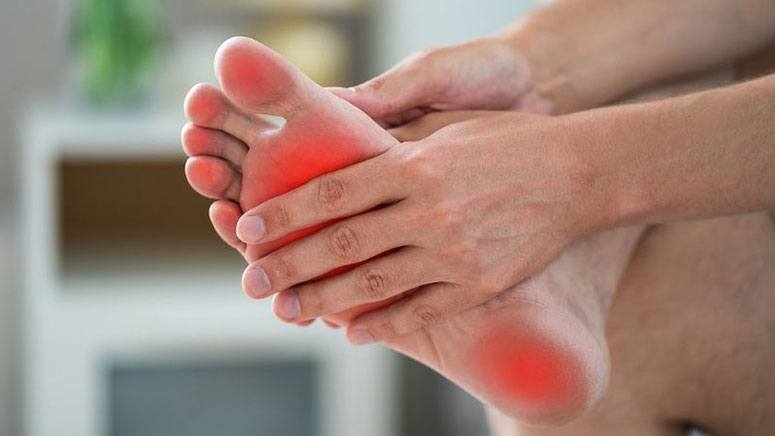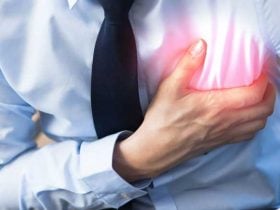Overview

Your body needs a lot of things to keep it functioning at a healthy level. For example, you need an adequate amount of exercise, sleep, water, and food to function properly. You will get any of these things anytime you breathe. Any time you breathe in, you take in oxygen into your lungs. The oxygen then enters your blood and travels throughout your body in blood vessels, like arteries and veins.
The size of the blood vessels usually depends on the functions. Some are as big as highways because they have to supply vital organs or more parts of your body, while some are as small as a back road. If any of these vessels get blocked, it would lead to ischemia, a condition that occurs when certain parts of your body do not get adequate blood. Lack of adequate blood supply to an organ or a part of your body means lack of adequate oxygen supply. Blood vessels that carry blood to the legs, brain, and other parts of your body can get blocked and cause ischemia.
Studies show that ischemia commonly occurs due to an accumulation or blockage in your arteries. The symptoms you experience usually depend on how you got the condition. If left untreated, ischemia can lead to life-threatening conditions, such as a stroke or heart attack.
Ischemia is a condition that occurs when the blood vessels get occluded, and blood flow is stopped or reduced. When blood flow to any part of your body reduces, that body part also lacks adequate oxygen supply.
Ischemia can occur anywhere in the body. However, studies show that it commonly occurs in the:
- Intestines (acute mesenteric ischemia or bowel ischemia).
- Brain (cerebral ischemia),
- Legs (critical limb ischemia – a form of peripheral artery disease)
- Heart (ischemic heart disease, myocardial ischemia, or cardiac ischemia)













